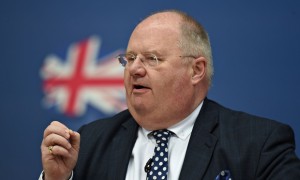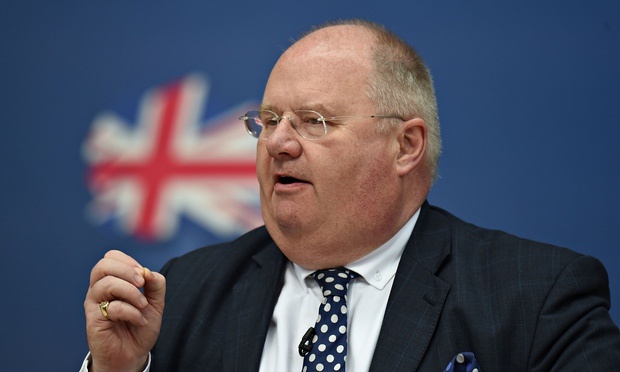
A new row has erupted between the British government and Muslim organisations after the minister responsible for community cohesion wrote to hundreds of imams calling on them to do more to tackle violent extremism and demonstrate “how faith in Islam can be part of British identity”.
The letter, sent by Eric Pickles, the secretary of state for communities and local government, to every mosque in England, provoked an angry response from the Muslim Council of Britain (MCB), which accused the government of peddling far-right arguments about integration. “Is Mr Pickles seriously suggesting, as do members of the far right, that Muslims and Islam are inherently apart from British society?” said Harun Khan, the deputy secretary-general of the MCB.
However the Prime Minister, David Cameron, intervened, saying that the council’s response showed that it – not Mr Pickles – had “a problem”.
Speaking at lawn mower factory in Ipswich, Mr Cameron said: “It’s absolutely right to write this letter, to say we all have a responsibility to fight extremism. Anyone who reads this letter will see that what he is saying is that British Muslims make a great contribution to our country.
Lady Warsi argues that while the letter was in fact positive, the timing and actions before the letter led to its failure: “The Muslim Council of Britain was one of a number of groups over which we never reached agreement, but one which nevertheless was never formally engaged with. I’m not here to defend the council. Unlike some colleagues, I never viewed it as extreme or dangerous. My criticism, which I have on numerous occasions discussed with it, is that it continues to produce a leadership that is neither equipped to represent, nor is genuinely reflective of, the contemporary aspirations of large sections of British Muslim communities. So while I welcome Eric’s attempt to reach out, the reality is that if you haven’t cultivated a friendship, if you haven’t fostered trust, then the chances of success are limited. A letter out of the blue to a mosque that is potentially affiliated to an organisation like the Muslim Council of Britain – with whom the government has refused to engage – creates a climate where even the most benign of correspondence can become toxic. It makes it appear as if the government is neither listening nor genuine in its intentions. And it provokes a negative response, irrespective of the true motive.”
[Full text of the letter is here.]






